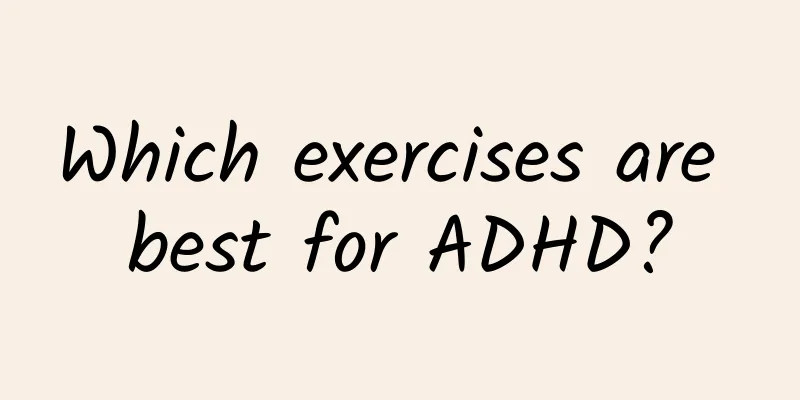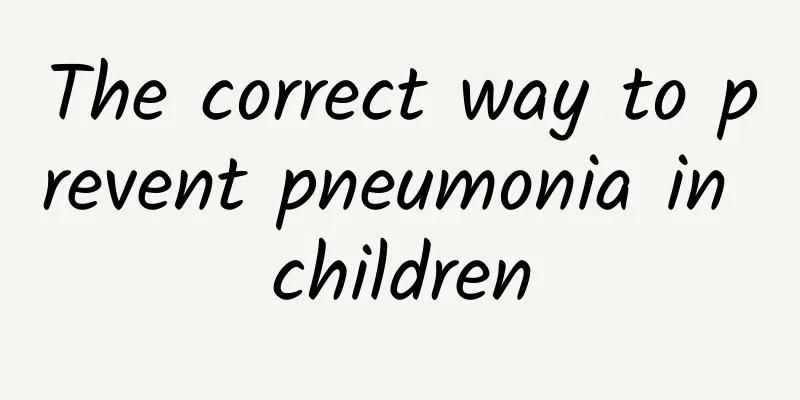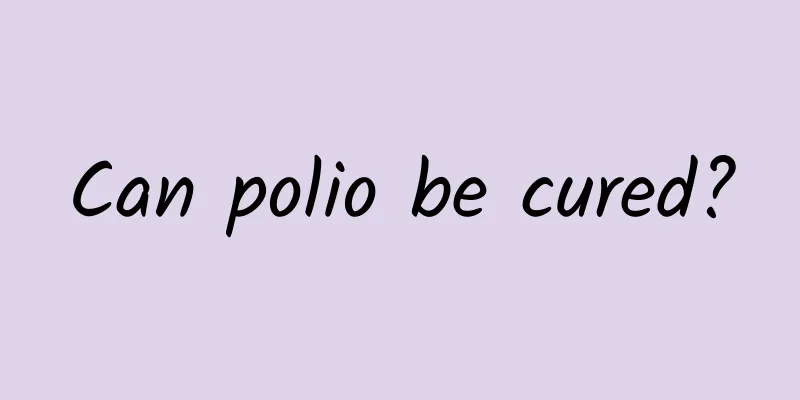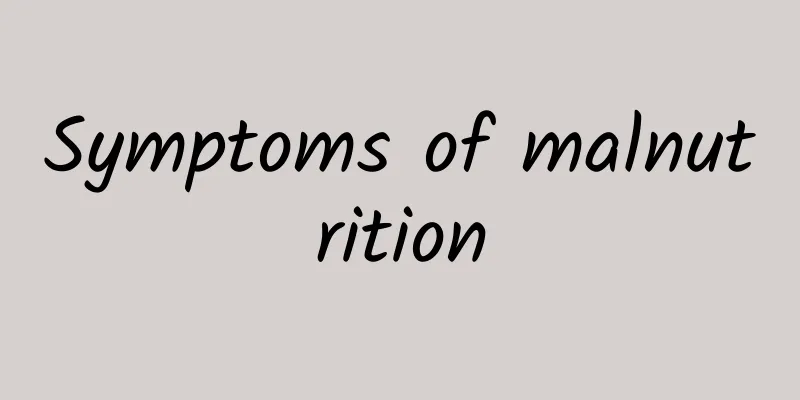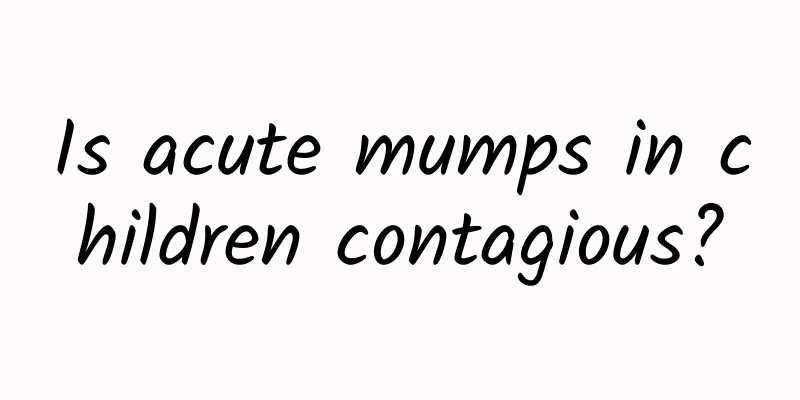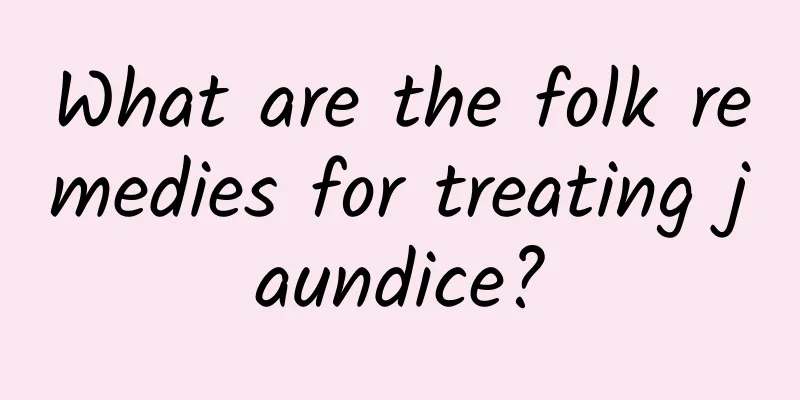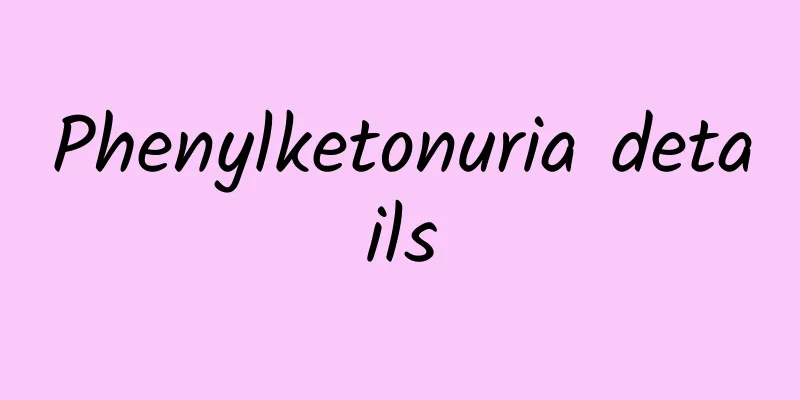What are the symptoms of ADHD?
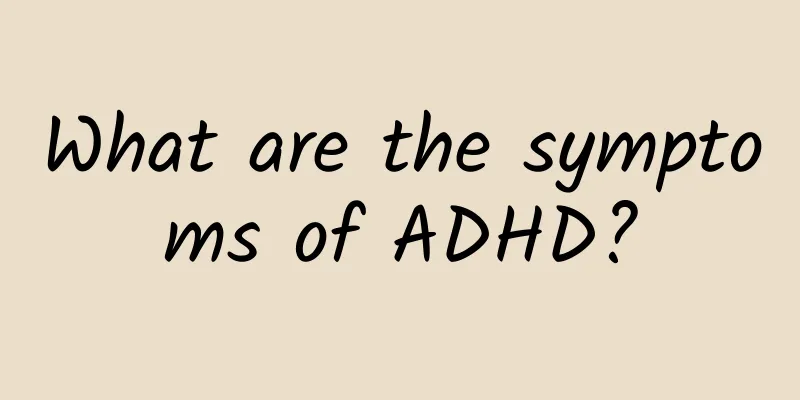
|
ADHD, also known as attention deficit hyperactivity disorder (ADHD), is a common neurodevelopmental disorder that is often diagnosed in childhood. ADHD symptoms include inattention, hyperactivity, and impulsive behavior. These symptoms can have an impact on a child's academic, social, and family life. Let's look at these symptoms in more detail. Inattention is one of the core symptoms of ADHD. Children may have difficulty focusing on tasks at school or at home and may be easily distracted by their surroundings. They may forget to complete their homework or make careless mistakes when completing tasks. This is like a child watching TV and suddenly being distracted by a bird outside the window and forgetting what they were doing. Hyperactivity is when a child is overly active in inappropriate situations. They may wiggle in class and have trouble sitting still in their chairs, as if there were little nails in the chairs that kept them from sitting still. Even in situations where they are expected to be quiet, they may exhibit restless behavior, such as walking around the classroom or interrupting others during meetings. Impulsive behavior is another notable trait. The child may make sudden decisions without thinking about the consequences, such as running out into the street or interrupting someone while they are talking. This impulsive behavior is like a bicycle without brakes; once it starts, it is difficult to stop. If you suspect your child may have ADHD, it's important to seek professional help. A psychologist or psychiatrist can determine if ADHD is present through a detailed assessment and provide an appropriate treatment plan. Treatment may include behavioral therapy, medication, and support from home and school to help your child better manage symptoms. Symptoms of ADHD may change as children age, but early intervention and support can help children better adapt to the challenges of life. Understanding these symptoms can not only help parents better understand their children's behavior, but also create a more supportive and understanding environment for their children. I hope this information can help you, let us pay attention to the mental health of our children together. |
>>: What medicine can cure mumps quickly?
Recommend
What to do if the baby has phlegm in the throat
Infants and young children have relatively weak c...
How do you know if your baby has pneumonia? There are nine dietary taboos for children with pneumonia
If a child catches a cold and parents miss the ti...
What causes congenital megacolon and how to treat it
Overview of Hirschsprung's disease: Hirschspr...
How to treat jaundice in children exposed to the sun
Some families are afraid that their babies will f...
How many days does it take for the fever of hand, foot and mouth disease to subside? How many days does it take for the fever of hand, foot and mouth disease to subside?
In fact, when it comes to hand, foot and mouth di...
What is the cause of baby's dry cough?
In many cases, when babies cough, there is no phl...
What are the dangers of Kawasaki disease to patients?
Many friends are prone to diseases that pose many...
What should polio patients pay attention to? Is polio contagious?
Polio is a common childhood disease, mainly an ac...
Why do I always feel dazed?
There are many reasons why you might be daydreami...
The dangers of neonatal jaundice
Neonatal jaundice is usually caused by increased ...
What to do if children have high jaundice
What should I do if my child has high jaundice? T...
Which hospital is good for treating acute laryngitis in children?
We all know that early detection and early treatm...
Is acute laryngitis in children serious?
Acute laryngitis in children is a common pediatri...
Is congenital corneal dystrophy hereditary?
Congenital corneal dystrophy is an eye disease th...
Can children supplement calcium in summer? What should children pay attention to when supplementing calcium in summer?
Children can take calcium supplements in the summ...
